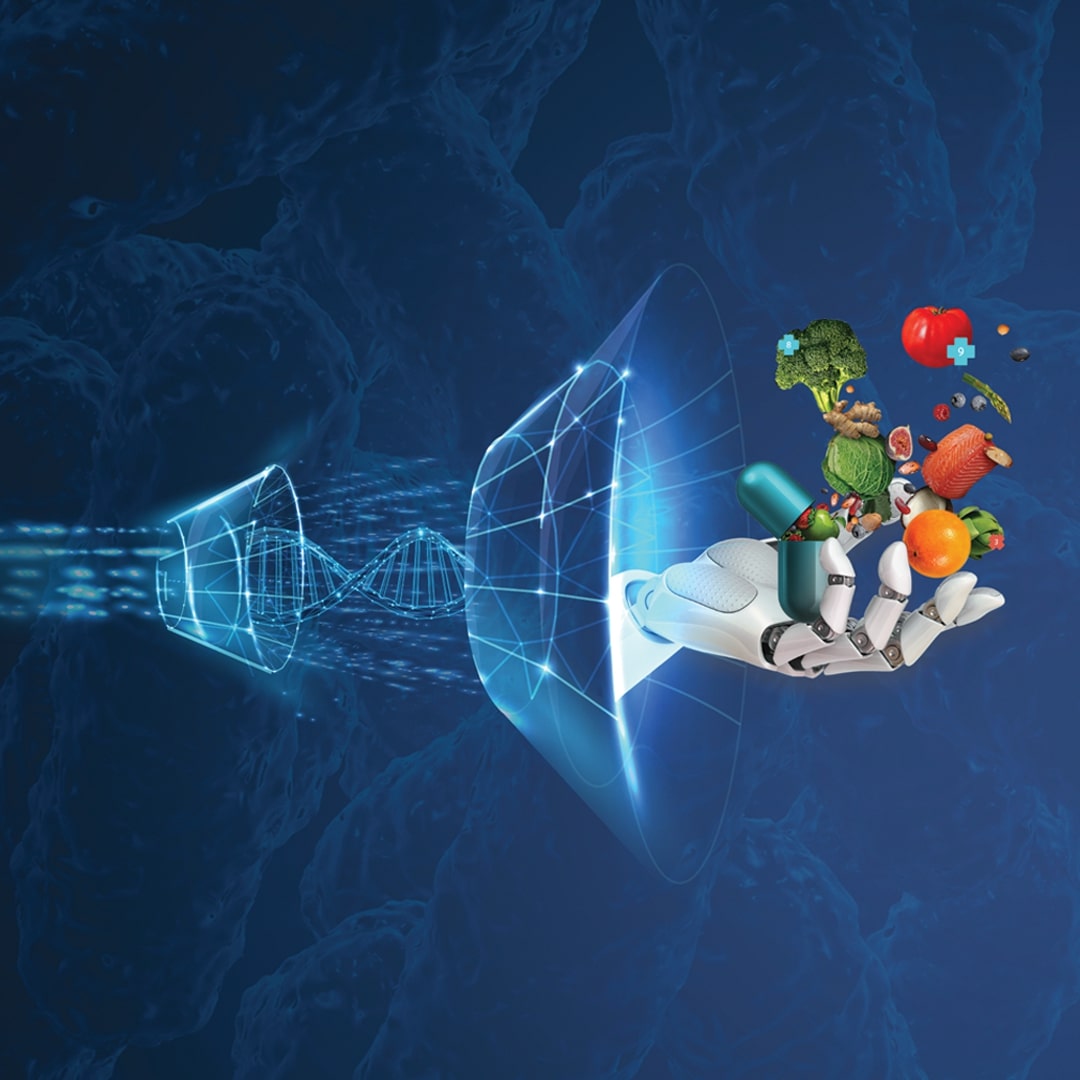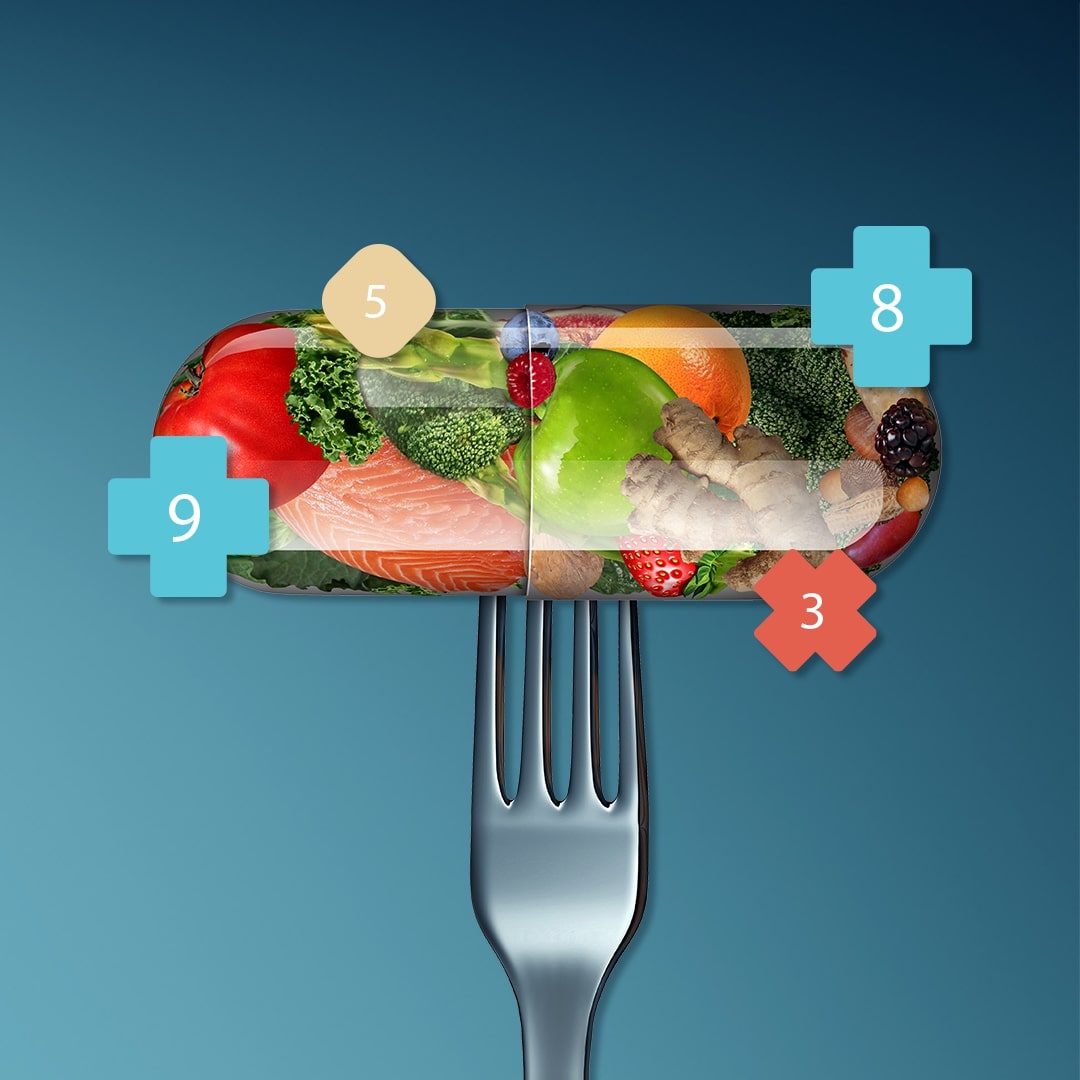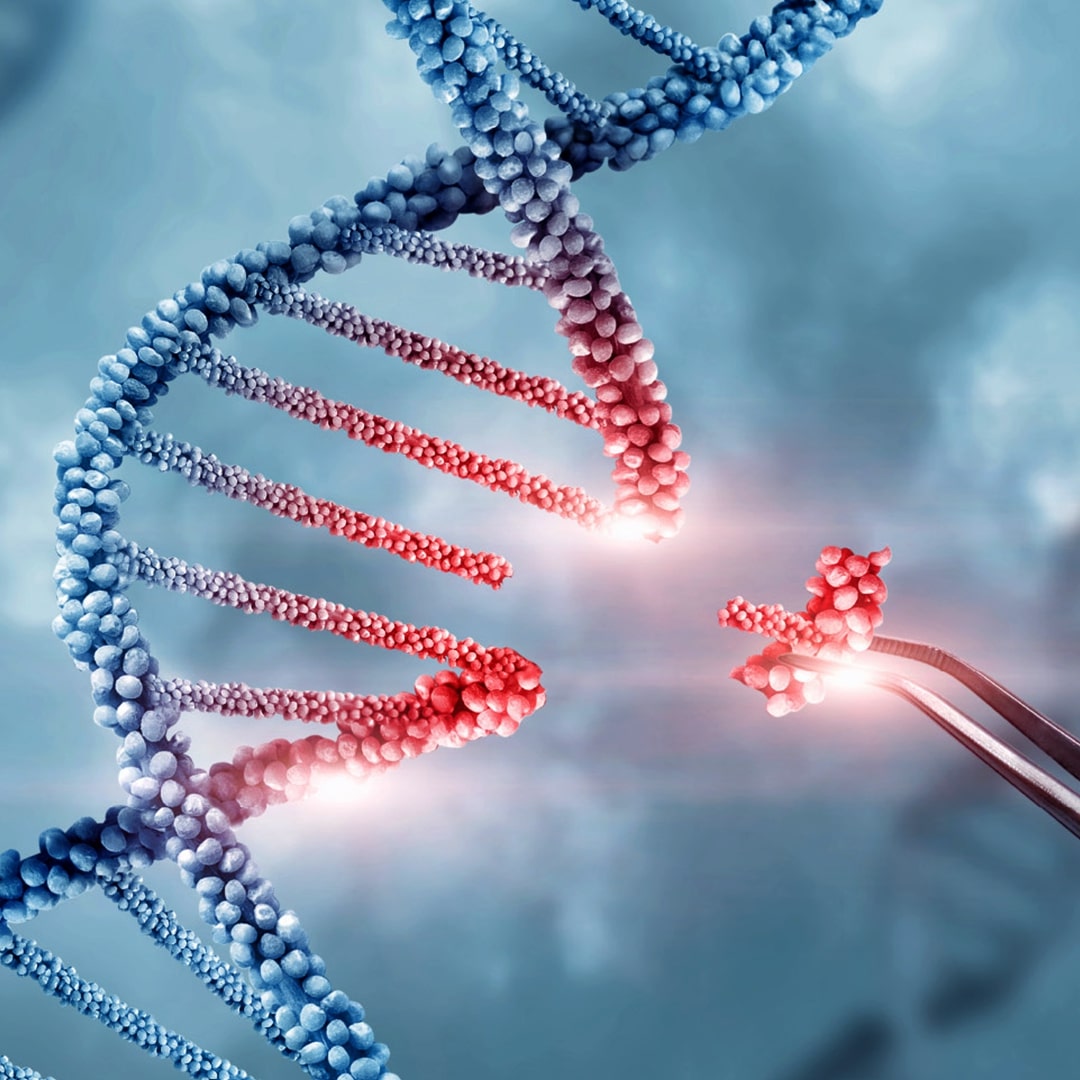我们如何将人工智能与人类肠道微生物组结合起来
利用人工智能技术对肠道微生物组进行分析。收到样本后,我们的签约实验室会进行基于 NGS 的分析。ENBIOSIS 软件会处理原始 DNA 数据,从分类学层面确定人的肠道中存在哪些细菌群,最重要的是,确定细菌群之间的生态和功能关系。ENBIOSIS 微生物组分析报告提供了微生物组分析的详细信息。
ENBIOSIS 人工智能技术
为了训练机器学习模型,我们利用来自美国肠道项目、人类微生物组项目、佛兰德肠道菌群项目的可用开源数据,以及我们拥有的内部数据,编制了一个微生物组数据库。该数据库包括来自 46,000 多人的微生物组数据、生活方式和健康信息。随着生物数据库的不断扩大,我们的人工智能技术也在不断自我完善。

益生菌推荐系统
益生菌是活的微生物,作为补充剂食用对健康有益。每个人的微生物组都缺乏不同的益生菌。通过对每个人的微生物组进行微生物基因解析,ENBIOSIS 可提供个性化的益生菌建议,以促进健康,减少慢性疾病的并发症。
基于 ENBIOSIS AI 的营养模型
为了评估食物与微生物群的关系,我们编制了一个营养数据库,其中包含以下类别:碳水化合物、蛋白质、脂质、维生素/矿物质、植物化学物质、食品添加剂、特定食品、发酵食品。体内研究中与某些微生物的生长/抑制相关的微量营养素是通过荟萃分析确定的。
最终数据库包括微量营养素及其目标微生物。当确定优选的微生物组调节(即朝向更健康的状态,有利于益生菌成分)时,相关的微量营养素会相应地获得分数。单一微量营养素可以有多个目标,并且生物体可以是多种微量营养素的目标。这导致对某些微量营养素的重复偏好,从而导致大范围内的差异分级。
最终分数是一个相对评分,范围为 0-10。同样,食品评分是按微量营养素成分线性加权的食品的累积评分。


ENBIOSIS 下一代益生菌和活生物疗法
我们基于人工智能的生物标志物发现技术对大量微生物组数据进行数据挖掘,以发现与人类健康相关的遗传实体。在我们对专有微生物库的探索过程中,我们发现了惊人的生物标志物(细菌基因和生物合成基因簇作为大型 DNA 片段),它们有可能带来前所未有的健康益处。
我们启动了一项研发计划,生产基因工程微生物,以整合上述生物标志物,从而提供下一代益生菌。